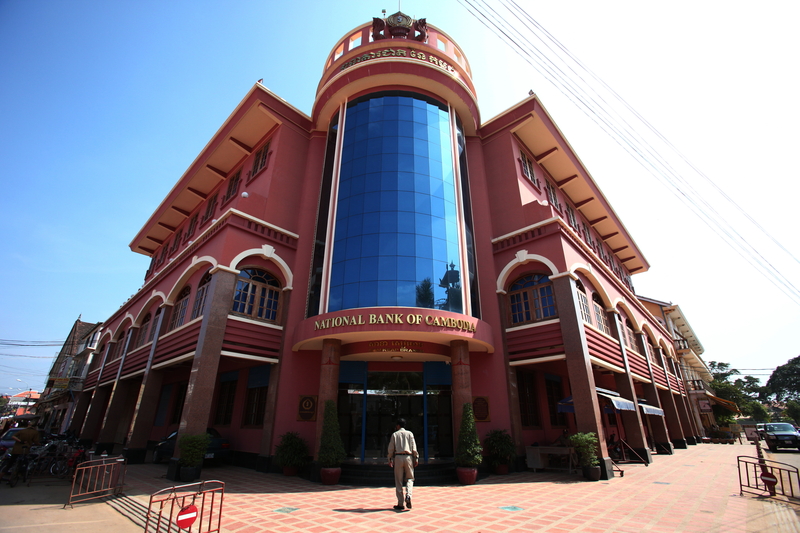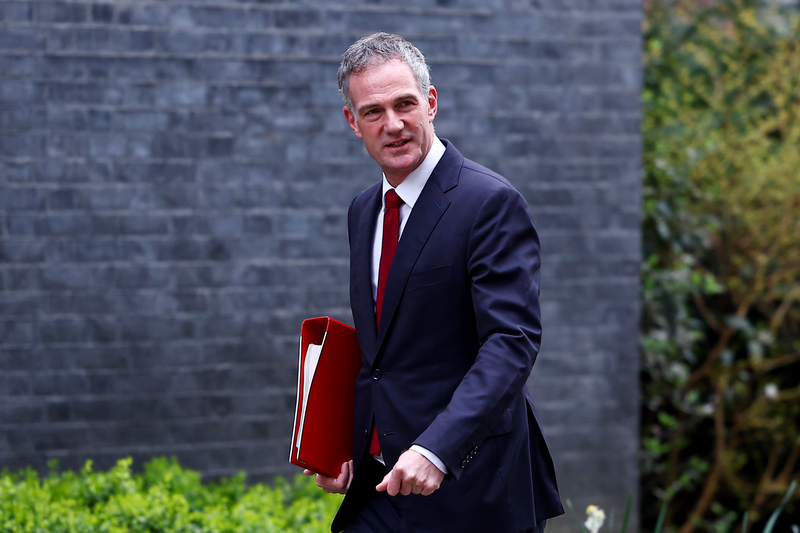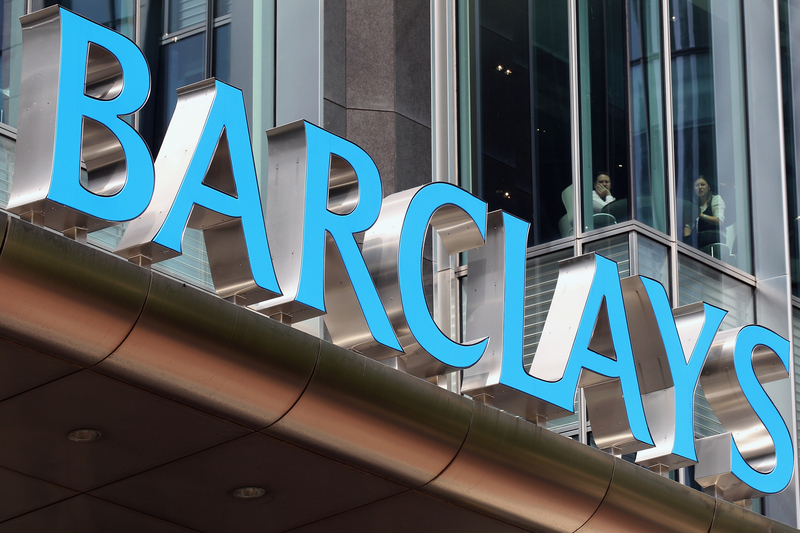Some of the UK’s largest financial institutions, telecom companies, and tech giants have agreed to help each other tackle financial fraud and scams by sharing relevant data in real time.
The Stop Scams UK coalition has said in a statement it wants “to drive forward collaborative counter-fraud efforts to protect consumers, build confidence, and drive UK economic growth.”
It goes on: “With fraud becoming become the most common crime across England and Wales, amounting to 41% of all crime, effective detection and prevention requires collaboration among industry, government, and law enforcement.”
According to the coalition, protecting and empowering customers against scammers who jump from one channel to another will require “sharing intelligence, focusing resources, and developing straightforward, actionable communication strategies.”
Amazon, Barclays, BT, Google, HSBC, Lloyds, Nationwide, NatWest, Match Group, Meta, Monzo, Santander, and Three have all agreed to sign the coalition’s statement, and other members have been welcomed to join.
Ruth Evans, Chair of Stop Scams UK, said: “Through our pilot work to share fraud data between industry sectors, we have proved that collaboration gets ahead of the criminals and defeats fraudsters.”
The coalition has also received backing and appreciation from the government. James Babbage, Director General (Threats) at the National Crime Agency, has called the coalition’s work a key innovation.
“UK victims are being targeted by fraudsters on an industrial scale, both from within the country and from overseas. Partnerships between the public and the private sector are vital,” he said.
Criminal offence
The development comes months before a new law comes into effect in September this year, which makes failure to prevent fraud a criminal offence in the UK.
According to the law, “large organisations may be held criminally liable where an employee, agent, subsidiary, or other ‘associated person,’ commits a fraud intending to benefit the organisation.”
And a “large organisation” is defined as one that meets two or three out of the following criteria:
- more than 250 employees;
- more than £36m ($47.5m) turnover;
- more than £18m ($24m) in total assets.
The challenge is huge. According to government data, fraud is the most common crime type in the UK, amounting to around 40% of all crime in England and Wales. In November last year, the UK’s Information Commissioner’s Office (ICO) called on organizations “to share personal information responsibly to protect their customers from scams and fraud.”
In a press release, the ICO said: “We’re warning that reluctance from organisations to share personal information to tackle scams and fraud can lead to serious emotional and financial harm.”
The agency insisted that data protection law should not be used as an excuse, as it “does not prevent organisations from sharing personal information, if they do so in a responsible, fair and proportionate way.”
A similar initiative was also announced by Meta last year when it launched its Fraud Intelligence Reciprocal Exchange (FIRE), partnering with a number of UK banks to prevent scams. According to the firm: “(FIRE) is a threat intelligence sharing programme for financial institutions, allowing banks to share intelligence with us directly so we can use it to stop scammers and protect users.”
NatWest and Metro Bank were the first to join the initiative. Meta said at the time that the initial pilot stage led to around 20,000 scammers’ accounts being removed, based on data sharing.












